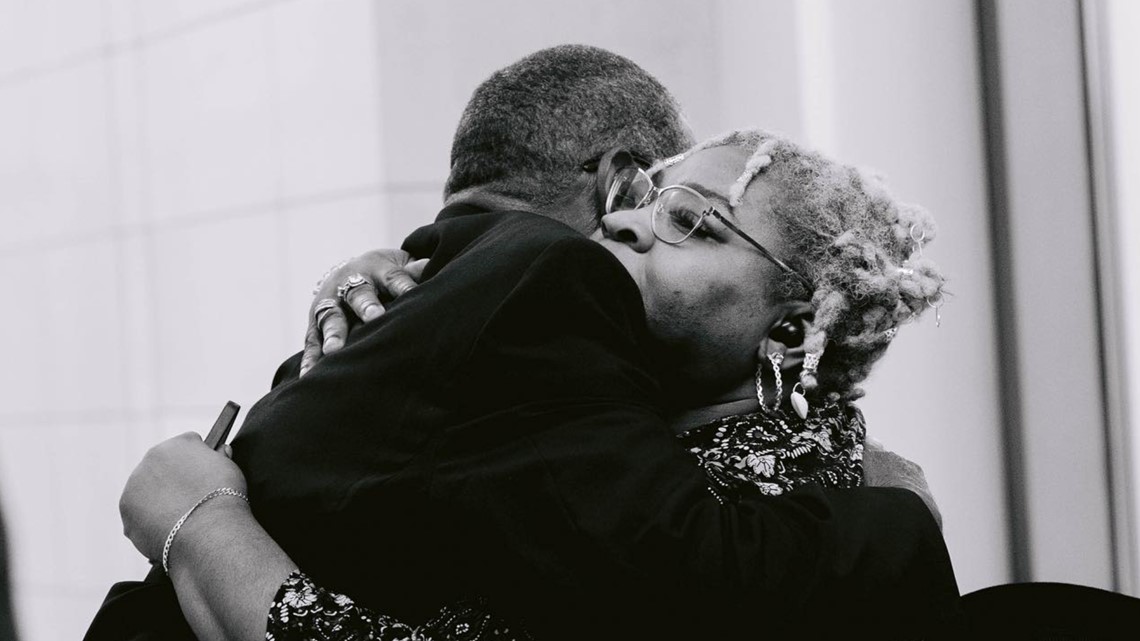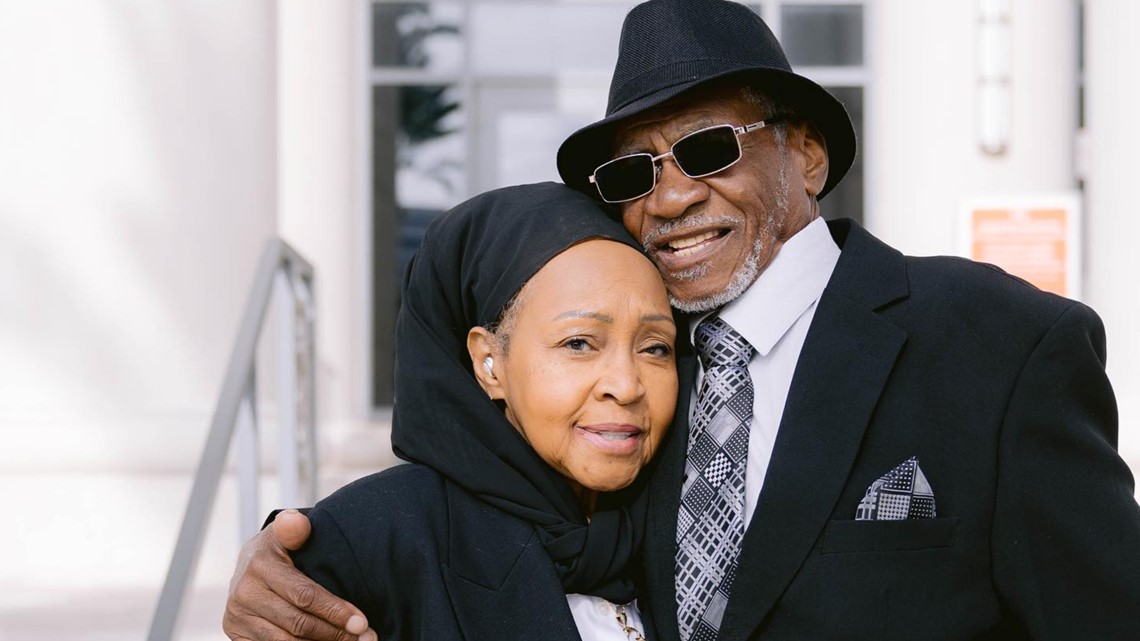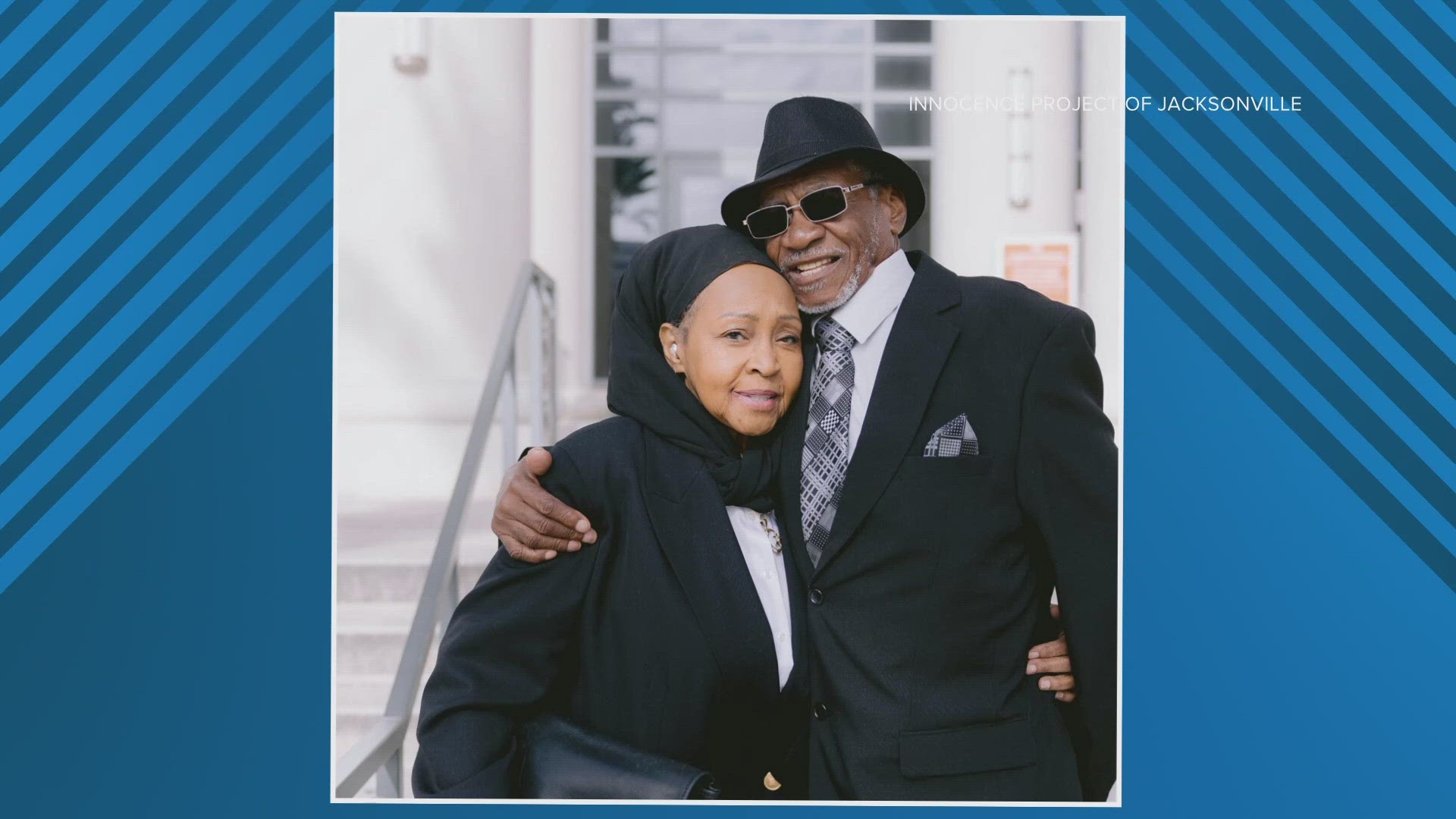JACKSONVILLE, Fla. — A Jacksonville man wrongfully convicted in 1976 had his conviction overturned Wednesday.
Willie Williams Jr. was sentenced to life in prison with the possibility of parole for the attempted murder of two store patrons and armed robbery.
He was released in 2020 -- 45 and a half years since his conviction -- and would have been on parole for the rest of his life.
Williams' conviction in the robbery depended on the testimony of one of the victims, who had been shot. According to Williams' attorney and legal director of The Innocence Project, Brandon Scheck, the man who identified him had previously confessed he did not remember who the shooter was.
"The State indicated to the jury that it should believe in this identification because the victim would never forget the shooter's face... Unbeknownst to Mr. Williams or his counsel at the time of the trial and contrary to the State's characterization of the strength of the victim's identification, the victim who identified Williams as the shooter did in fact forget his face," Scheck wrote in a press release.
The victim could not identify Williams or another suspect in the case when shown a photo lineup, Scheck said. The victim later made an identification "after being hypnotized" to attempt and improve his memory.
Scheck notes that this method, even at the time, has been proven unreliable. He says neither law enforcement or prosecutors were told about the hypnotism.
At the original trial, Williams' lawyer tried to contest the identification and ask for a mistrial.
Transcripts from the trial show he requested to have a hearing without the jury present in order to discuss the validity of the identification. He also alleged that one of the line-ups where the victim chose Williams as the perpetrator was "impermissibly suggestive," and tried to argue that the in-court identification was tainted. This request was denied, and Williams was convicted.
The new evidence was uncovered by a Conviction Integrity Review (CIR) investigation by the office of State Attorney Melissa Nelson. This investigation began after Williams claimed he had been wrongfully convicted in 2021.
After the conclusion of this investigation, all charges against Williams were dropped.
A 48-year fight
During the 48 years since his conviction, Williams never gave up on fighting for his freedom. Court records show a relentless quest for justice. One document offers a glimpse at the life he missed behind bars: A denied request to attend his mother's funeral in 2015.
Throughout his sentence, Williams represented himself from prison, handwriting appeals over and over, seeking a shortened or vacated sentence.
Williams wrote to the court asking for a reduction of his sentence in 2003, which was denied.
In 2005, in a handwritten letter, he asked for DNA testing on several pieces of evidence; a wallet that was stolen from a victim, the guns used in the shooting and the clothes it was determined the shooter was wearing. (A document shows that this testing was done in 2022 -- results showed there wasn't enough DNA to make a determination in the case.)
He also filed a motion to vacate in 2007, which was denied. He tried again in 2011 and was denied again.
In 2013, he asked to have his sentenced reduced. Again, he was rejected.
A final motion, filed by Williams' representation with the Innocent Project, was served in October 2023.
On January 3, he was free of parole and his record was cleared.
Scheck said in a statement: “It is important that when it becomes clear that a conviction was procured through unconstitutional means, that all parts of the system—the State, Defense and Court—move swiftly to right that wrongful conviction. We are grateful to the CIR and the senior leadership at the State Attorney’s Office for identifying this critical evidence and quickly concluding that its non-disclosure violated Mr. Williams’ due process rights, making his conviction and almost 45 years in prison wrongful.”
The State Attorney's Office shared the following statement with First Coast News Thursday:
"In 2020, the Florida Parole Commission granted Willie Williams parole on his 1976 robbery and attempted murder convictions. Williams — claiming he had been misidentified as the offender — subsequently petitioned the State Attorney’s Office’s Conviction Integrity Review Unit. The CIR accepted Williams’ case for review.
During its investigation, the CIR discovered hypnosis had been used to secure the victim’s pretrial identification of Williams, but this fact was not disclosed to Williams or his counsel as required by law. The State concedes this newly discovered evidence entitles Williams to post-conviction relief.
Years after Williams’ convictions, the Florida Supreme Court ruled that hypnotically refreshed memory was unreliable and consequently inadmissible as evidence of guilt. As a result, the State will not refile the charges from 1975 against Williams."





